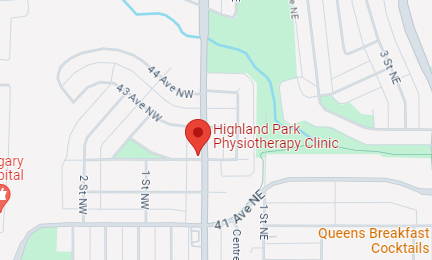Acupuncture
What is Acupuncture and How Does it Work?
Acupuncture is an ancient holistic therapy that has been practiced for thousands of years in China and other Asian countries for therapeutic and preventive purposes.
Acupuncture is based on Traditional Chinese Medicine (TCM)’s channel (aka. meridian) theory and modern understanding of western medicine.
If our body is like a city, then the channels are like the roads and the underground pipelines in the city. The flow of energy inside the channels is Qi (pronounced as “Chee”), which is the vital life force. The smooth and free flow of Qi is crucial for our physical and mental health.
Just like a traffic jam or a pipeline blockage would cause disturbance in our life, a blockage in the channels which disrupt the free flow of Qi will manifest as various symptoms or a variety of disorders/diseases in the body. Sometimes Qi may flow in the wrong way due to various reasons such as stress, inappropriate diet, etc. – imagine cars driving on the wrong side of the road!
In acupuncture treatment, disposable sterile needles are inserted into specific points on the body (aka. acupoints) to remove blockages in the flow of Qi, or to regulate the chaotic Qi, thus restoring and maintaining health and providing pain relief.
What Common Medical Conditions Can Acupuncture Help With?
Our experienced acupuncturist can help you with a wide range of health issues, including:
- Acute and chronic pain management (e.g., sciatica, shoulder pain, foot pain, back pain, hip pain, knee pain, plantar fasciitis, sciatic pain, carpal tunnel syndrome, headache, migraines, sports injuries, frozen shoulder, joint pain, neck pain, chronic muscle pains, nerve pains, etc.)
- Mental/emotional disorders (e.g., insomnia, stress, anxiety, depression, chronic fatigue, etc.)
- Digestive disorders (e.g., abdominal pain)
- Gynecology issues (e.g., PMS, dysmenorrhea, menopause syndrome, hormone imbalance, infertility disorder, morning sickness, menstrual cramps, etc.)
- Cardiovascular issues (e.g., palpitation, chest pain, hypertension, etc.)
- Skin issues (e.g., eczema, hives, etc.)
- Miscellaneous conditions such as Bell’s palsy, restless leg syndrome, frequent urination, poor blood flow, biochemical imbalances, mild auto-immune diseases, other health conditions, etc.
Does Acupuncture Hurt?
Acupuncture needles are hair-thin, so insertion of the needles usually causes little discomfort. Depending on the area of insertion, sometimes people don’t feel it inserted at all. Most people describe a feeling of pressure, heaviness, numbness, or tingling sensation rather than pain.
And any uncomfortable feelings are usually fleeting and last only for a few moments. Most of the time people feel very relaxed during and after the treatment. It’s quite common for people to fall asleep during the treatment from our experienced acupuncturists.
FAQs
How Often Should I Go for Acupuncture Treatment?
The frequency of treatments depends on your condition and how well you respond to the treatment. We recommend going once per week if you feel better after each session. If you still feel better after 2 weeks, we can reduce the number of sessions to once every two weeks. If you still feel good after 4 weeks, we can stop the treatment completely.
How and Why Does Acupuncture Treatment Work?
Acupuncture is an ancient practice also known as traditional Chinese medicine that uses fine needles to stimulate the body’s natural healing process. It has been used for thousands of years and continues to be one of the most effective treatments available today.

